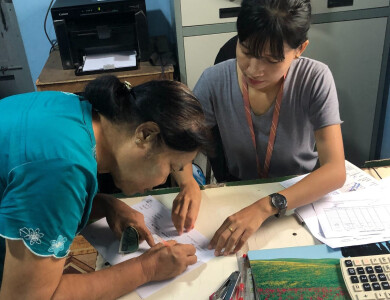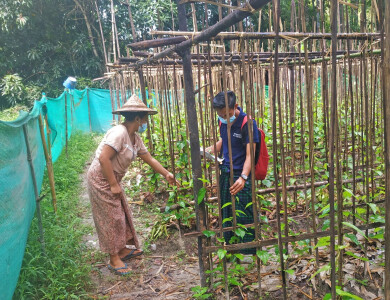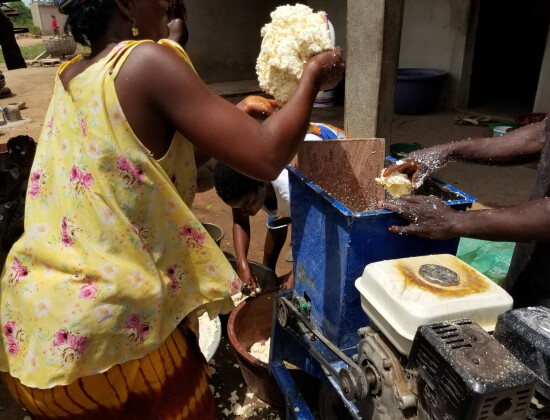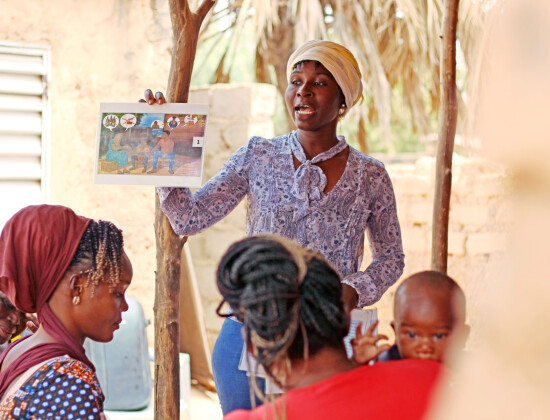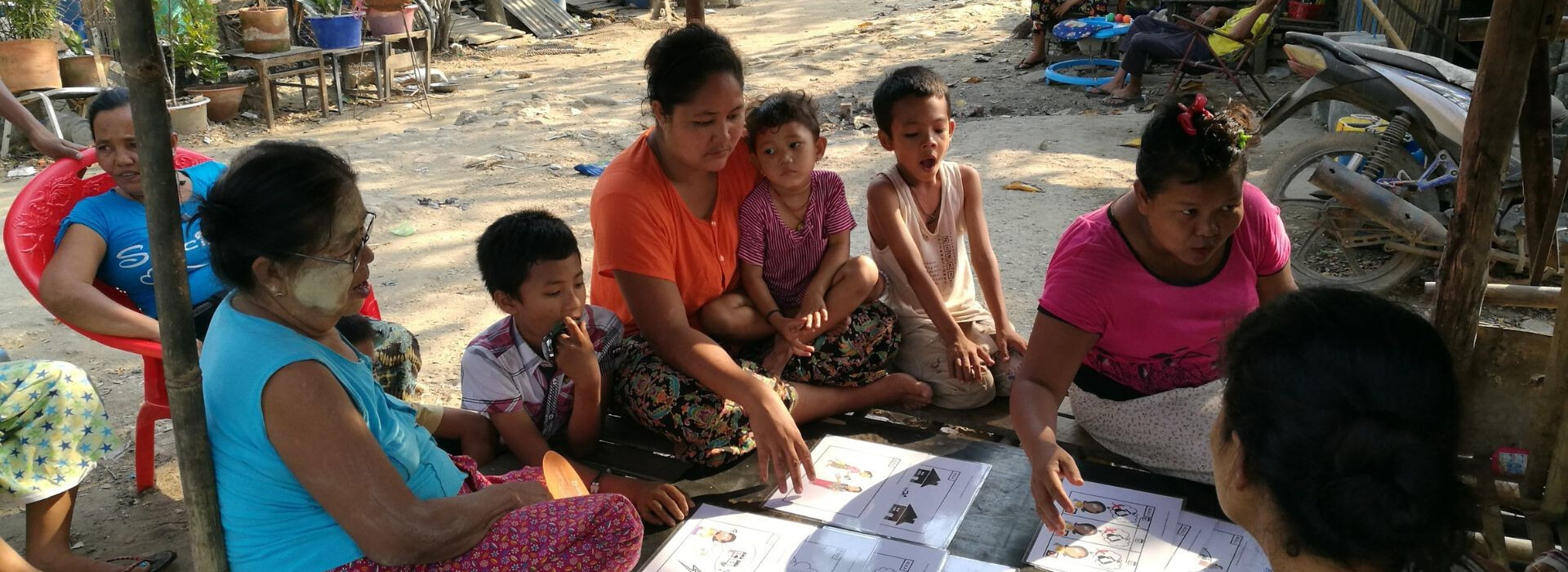
Sont Oo Tehtwin
In a fragile economic and social context, action is focused on the south of Yangon, mainly in rural areas, to support the most vulnerable micro-entrepreneurs.
Supporting vulnerable populations toward self-sufficiency
Sont Oo Tehtwin targets low-income individuals in southern Yangon who have set up informal income-generating activities, such as small shops or small farms, in order to survive. For these informal entrepreneurs, it is very difficult to transform these activities into sustainable businesses without access to credit or training.
In 2014, Entrepreneurs du Monde created Sont Oo Tehtwin (SOO) to support these extremely vulnerable families in Seikkyikhanaungto, Dala, Twante, and Kawhmu, in southern Yangon. SOO helps improve their living conditions by helping them increase the income of their micro-enterprises and their resilience, and preserve their health. The organization offers them loans without collateral or guarantees, a savings account, training, and advice.
To join the program, the team asks them to form groups of 20-25 people and meets with them every 2 to 4 weeks. SOO beneficiaries receive financial education training before their first loan, then have access to other training on a variety of topics:
- Economic: how to calculate costs and selling prices, manage inventory and cash flow, adapt to customer demand and competition, marketing and promotion, etc.
- Social: how to acquire rights and self-confidence, prevent common diseases and domestic violence, adapt to climate change.
- Agricultural: how to use fertilizers effectively.
A population struggling with multiple restrictions
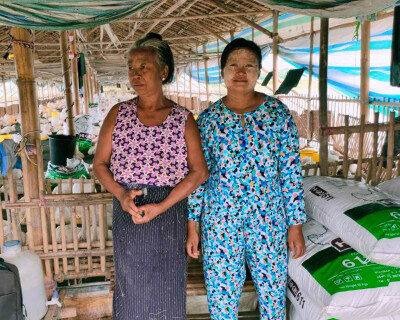
Since 2021, Myanmar has been experiencing a period of significant political and economic instability, which has complicated working conditions for national and international actors, including businesses and development organizations.
Restrictions on movement, gatherings, and financial transactions, as well as the introduction of compulsory military service, are weighing heavily on the working population and young people. Unemployment and inflation are rising, while access to drinking water and essential goods is deteriorating.
Nearly a quarter of the population, or 12.9 million people, are food insecure, and around 18 million people are now in need of humanitarian aid, 19 times more than before 2021.
Sustainable support in uncertain times
In 2024, beneficiaries received specific training in business and agriculture, thanks to the recruitment of a new agricultural advisor. To strengthen its environmental performance, the SOO team also designed an action plan to reduce its carbon footprint and trained to support beneficiaries in dealing with the consequences of global warming.
-
5 900 beneficiaries
-
57 % loans dedicated to agricultural activity
-
127 € average loan
Testimonial
Thanks to his business, Win Myint Htay has gained independence and can secure his family’s future.
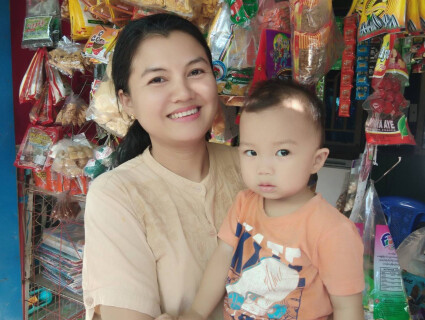
When I moved to Seikkyi Township after getting married, I opened a grocery store and then diversified my business by adding sewing, clothing sales, and an online service. With loans from SOO, I invested in equipment and developed my textile business. My income has increased from €90 to €223 per month, which guarantees our financial stability. Our living conditions have improved and I have been able to enroll my autistic son in a specialized center. I also help my brothers and sisters continue their studies. I want to continue developing my business while contributing to the education of children with difficulties.
They support Sont Oo Tehtwin
Let's support vulnerable micro-entrepreneurs in Myanmar together
Every contribution helps us strengthen our work in the field.
Donations are eligible for a 66% tax deduction. THANK YOU!

